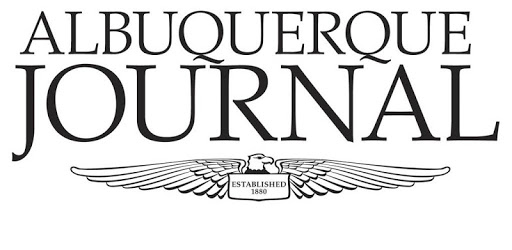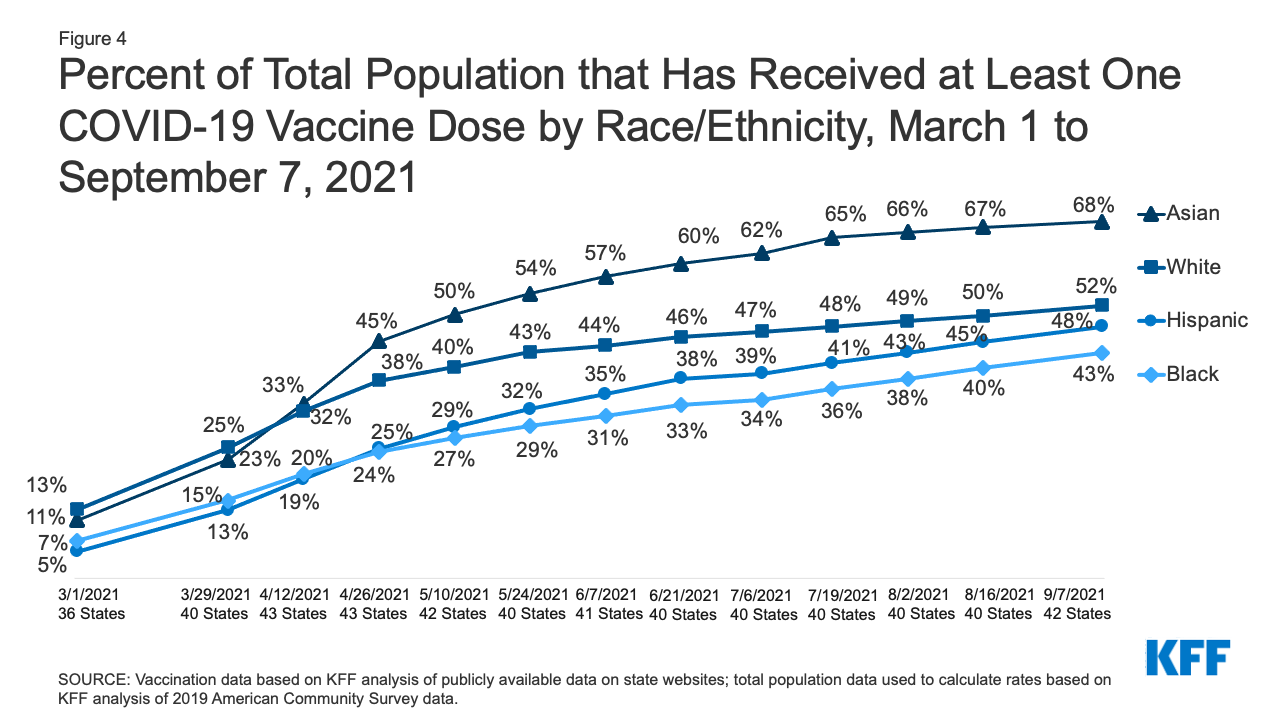Comprehensive energy approach vital to NM future
09.22.2021
The following was written by RGF Board member Steve Dodson. It appeared in the Albuquerque Journal on September 19, 2021.
New Mexico lawmakers must put politics to the side and embrace an all-of-the-above approach to sustainable energy if our state is to recover from the pandemic and advance our shared goal of combatting climate change.
A federal judge recently ruled in an ongoing lawsuit that the Biden administration must, for now, rescind its pause on oil and gas leasing on federal lands after more than a dozen states sued, citing that they had met the threshold for proving that the ban would result in significant community harm and economic loss. This comes on the heels of former New Mexico congresswoman and current Secretary of the Interior Deb Haaland’s testimony before the House Natural Resources Committee where she made clear there is no “plan right now” to enact a permanent ban on oil and gas leasing on federal lands.
This is all welcome news for New Mexicans and speaks to the need for honest conversations around the role oil and gas must continue to play in New Mexico’s future.
Our state has long been reliant upon the jobs and funding provided by oil and gas operations for critical public outlays like education, health care and infrastructure. Federal lands currently compose nearly 35% of our state’s total area – a permanent leasing ban would immediately threaten the welfare and future of our state while offering no direct alternatives to replace lost public funding and jobs.
Serving on the board of the Rio Grande Foundation, I am proud to work toward bringing meaningful reform to New Mexico. After one of the most devastating periods in history, marked by financial hardship and tremendous loss, it is vital – now more than ever – that energy policy decisions are balanced and take into consideration the vital economic benefits the industry provides to New Mexicans in every corner of the state.
The tax revenues derived from oil and gas operations are essential to N.M.’s economy, bankrolling schools, hospitals, roads and other infrastructure without hurting the pockets of N.M.’s taxpayers. The state’s Land Grant Permanent Fund, also known as the Permanent School Fund, is financed directly by oil and gas operations and is one of the largest such funds in the United States. It annually provides over three-quarters of a billion dollars to New Mexico’s public schools, universities and other related beneficiaries – in 2021 it is estimated the fund will produce roughly $836.5 million in benefits.
Furthermore, New Mexico’s … unemployment rate of 7.9% is tied for the highest in the entire country according to the Bureau of Labor Statistics. The oil and gas industry supports 134,000 jobs and contributes over $16 billion to our state’s economy annually. If this leasing ban were ever to be made permanent, it could result in (the loss of) over 60,000 jobs and nearly $1.1 billion in public funding.
Finally, the oil and gas industry is crucial to our national energy transition and continuing to meet consumer demand without increasing energy prices. Instead of focusing on demonizing oil and gas producers, our officials should be working hand in hand with them to incentivize innovative solutions like Carbon Capture and Storage (CCS) that can reduce carbon emissions without destroying jobs and revenues.
Although the recent court ruling and Haaland’s comments suggest the current leasing pause will come to an end, nothing is for certain. As some of our state’s lawmakers continue to try to appeal to partisan groups in Washington rather than their own constituents, it is important for all of us to remind them a balanced approach is necessary for New Mexico’s energy and economic future.
The Rio Grande Foundation is an independent, nonpartisan, tax-exempt research and educational organization dedicated to promoting prosperity for New Mexico based on principles of limited government, economic freedom and individual responsibility.










/cdn.vox-cdn.com/uploads/chorus_asset/file/22471338/0x0_Model_Y_01.jpg)










